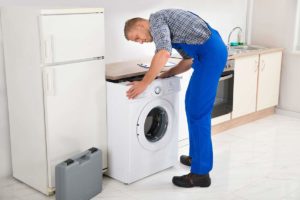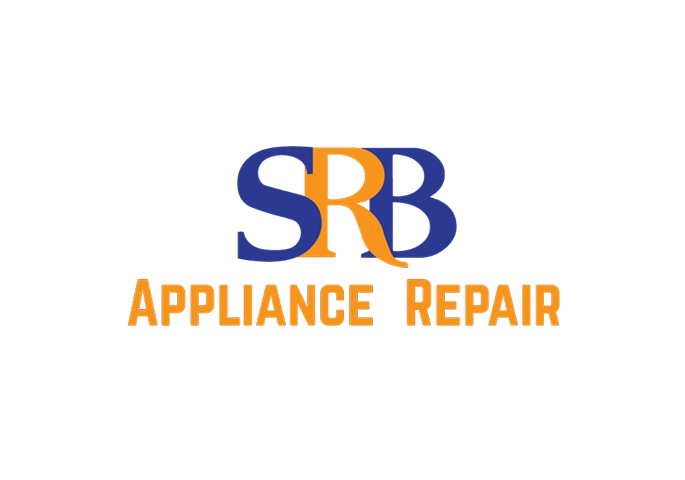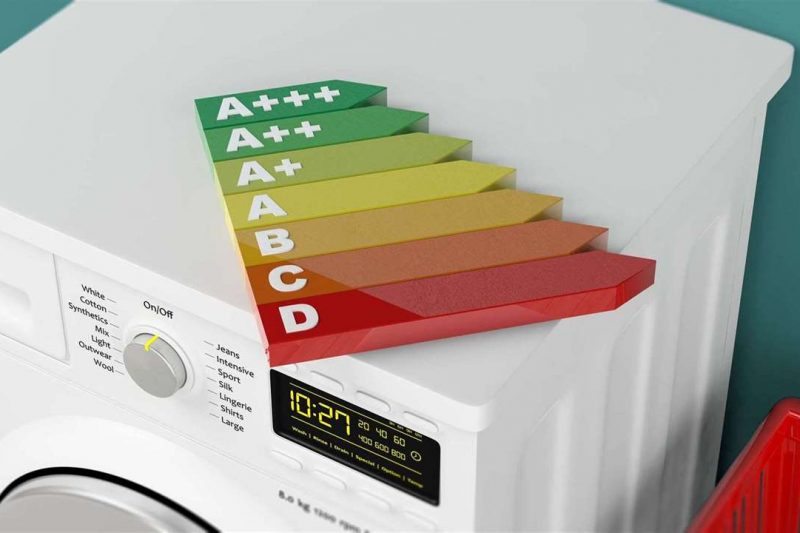Figuring out how to use an appliance in a more energy efficient manner can not just decrease our large-scale impact on the earth, it may save more money, as well. Whether your household appliance is plugged in 24/7, leaking, or not adjusted to the correct settings, there are many small habits we usually fall into which may cause detrimental results to the earth.
While they might seldom cross our minds, these little details may really add up, substantially raising your carbon footprint and month-to-month electric or gas bill. If you want to go green and also save money, read further to find some useful energy saving tips for all your appliances.
Unplug Household Appliances When Not in Use
To avoid costly kitchen appliance repair and keep your appliances running longer, the first tip SRB Appliance Repair offers is to unplug household appliances when they aren’t in use. This might seem obvious, but it actually can make a big difference every month. Turning all of your appliances off when they aren’t in use is a simple way to reduce waste, economically and environmentally.
To make things convenient, it’s possible to just connect all your household electronics to one power strip then unplug the strip when you are leaving for work or going on vacation.

Repair All Leaks
As it turns out, a leaking washing machine or dishwasher actually can have a strongly adverse impact over time. Not just will it waste up to several gallons of water every month, it also will add hundreds of dollars to your month-to-month water bill.
So, all water leaks you come across on your household appliances ought to be resolved quickly, by all means necessary. If you suspect or notice any type of leak close to your appliances, even something which may seem minor, you ought to call on a repair technician to address it immediately.
Adjust the Thermostat
If you have central heating and AC in your house, try to keep in mind that they do not have to be constantly blasting. Keeping your home’s thermostat at a more moderate temperature as much as possible throughout the summer and winter seasons is another tip that will decrease your monthly ecological and financial damage.
Also, your freezer and fridge are probably operating at a much cooler temperature than they should. It’s possible to just turn the thermostat up one or two notches, so they aren’t working so hard.
When Possible, Hang Things to Dry
You can choose to line dry all your clothing to increase its durability and may be done for all kinds of garments without any negative repercussions on the fabric. So, if you have the capacity and time, hanging your garments on a clothesline more frequently is yet one other great way to decrease your environmental impact, as well as cut back on your month-to-month energy bills.
Use Lower Temperature Cycles
One other effortless tip to decrease your environmental impact includes always using environmental or lower temperature settings on your home appliances. The majority of modern dryers, washers, and dishwashers have an ‘environmental’ setting you always should prioritize over additional settings.
If not, make certain to pick express or shorter cycles, or cycles that have cooler temperatures. Those cycles are as efficient as those higher-energy settings yet offer the extra benefit of a smaller financial and environmental impact.
As a general rule of thumb, while running a load inside your washing machine, it’s possible to wash a full array of colors in cool water. Not just will it decrease your financial and environmental burden, it will save you a good amount of time on laundry day, as you will not have to separate your clothing by color and do so many individual cycles.
Upgrade to Home Appliance that are Energy Efficient
Lastly, replace or upgrade all appliances with more energy efficient ones. Usually, the majority of household appliances will last about 10 to 15 years, even twenty or more with the proper maintenance and care, and we are huge advocates of the right to repair.
Still, there’ll come a time when your home appliance must be replaced altogether, and, for that, we would strongly suggest upgrading to a more energy efficient model. Thankfully, there are several green appliances in the market available today.

